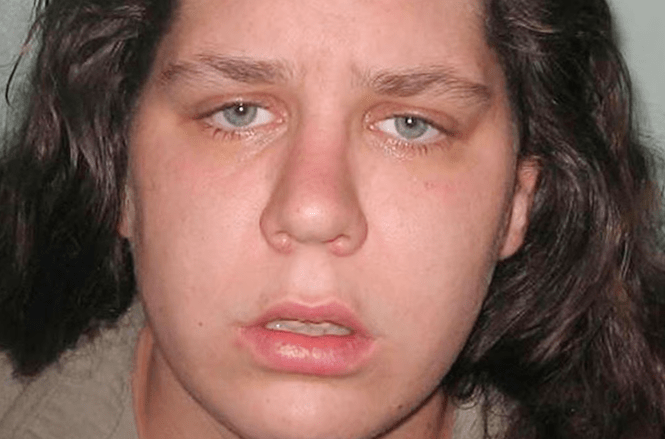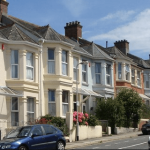Tracey Connelly, the mother of Baby P, who died in one of the UK’s most harrowing child abuse cases, will face a public parole hearing in October, her first since being recalled to prison for breaching her licence.
The hearing has been scheduled for 22–23 October at a yet-to-be-confirmed location, marking a significant step in a case that has gripped the nation for over a decade.
The upcoming parole review of Tracey Connelly mother of Baby P will be held publicly in October, following a ruling that the case holds “substantial public interest”. The decision comes amid concerns over transparency in one of Britain’s most devastating child protection failures.
High-Profile Case to Go Public
In a ruling handed down by Judge Peter Rook KC, it was concluded: “There can be no doubt that there is a substantial public interest” in holding the proceedings in full public view.
Connelly, now 44, was jailed in 2009 for causing or allowing the death of her 17-month-old son Peter, who suffered months of horrific abuse before dying in Tottenham, north London, on 3 August 2007.
Two formal requests were submitted for October’s parole hearing to be held publicly. Applicants described it as a “landmark case” that fundamentally “altered the conversation around safeguarding” in the UK.
They also stressed that much of the public still lacks access to critical details, arguing that a public hearing would finally shed light on the parole and recall decisions made behind closed doors.
Legal Pushback from Connelly’s Defence
Connelly’s legal team attempted to block the move, raising concerns over her personal safety. Her lawyer insisted there is a “high risk” that her identity could be compromised and warned of “real and current” threats to her well-being.
The legal submission also noted her long-standing mental health challenges, including post-traumatic stress disorder (PTSD), anxiety, and depression. It was argued that a public hearing could “exacerbate” her condition and negatively impact her ability to give evidence.
However, Judge Rook countered that Connelly “recovers well from these events,” acknowledging that while she had experienced “offence-related bullying and aggression” following her return to prison, she had responded without violence and has since “stabilised”.
Public Confidence and Accountability
In granting the public hearing, Judge Rook highlighted the importance of transparency.
“There is a strong public interest in the extent that Ms Connelly currently presents a risk and, if so, what measures are proposed in order to manage it,” he said.
He added that a public hearing could serve to “reassure” the public about the Parole Board’s decision-making process and the support measures in place should she be released again.
“This may go some way to address legitimate public concern about Ms Connelly,” he concluded.
Previous Release and Recalls
Connelly was last released from prison in July 2022 after the Parole Board judged her to pose a “low risk of committing a further offence”. It was her fourth attempt at securing release, following failed bids in 2015, 2017 and 2019.
Despite the board’s decision, concerns remained over her manipulative behaviour and inappropriate prison relationships—including secret love letter exchanges with other inmates.
Then-justice secretary Dominic Raab sought to overturn the ruling, arguing the system was fundamentally flawed. However, his appeal was dismissed by the courts. At the time, Raab described the outcome as clear evidence that the parole process needed “a fundamental overhaul”.
This was not Connelly’s first recall to prison. She was initially released on licence in 2013 but was sent back in 2015 after breaching the conditions of her parole.
As the October date nears, all eyes will be on the Parole Board and the transparency it promises to deliver. For many, the public hearing represents not just legal procedure—but a moment of reckoning in a case that continues to haunt the nation.






